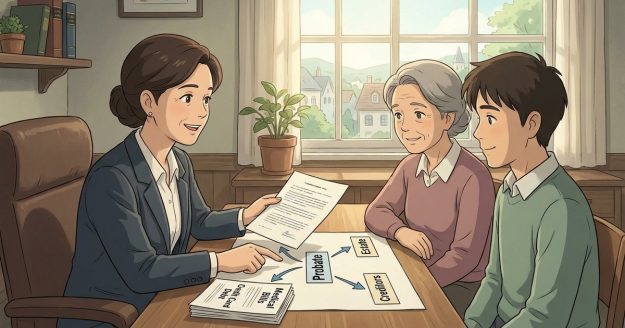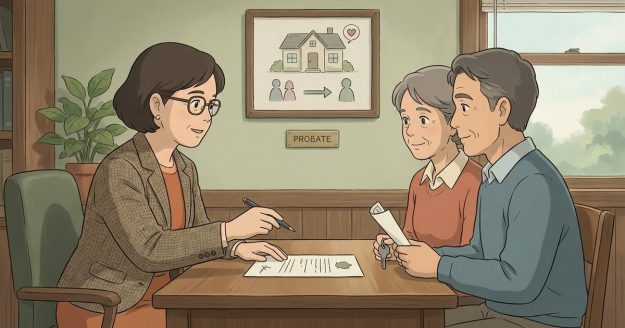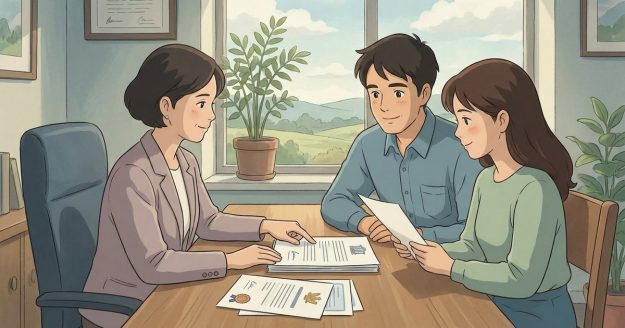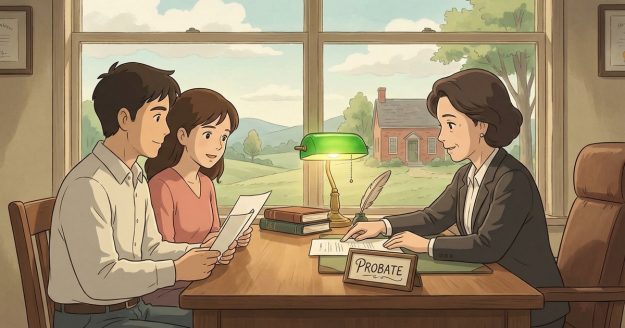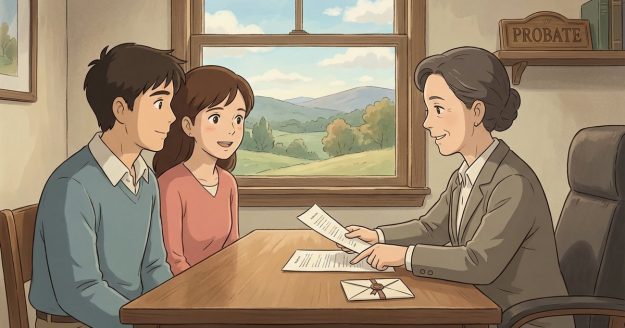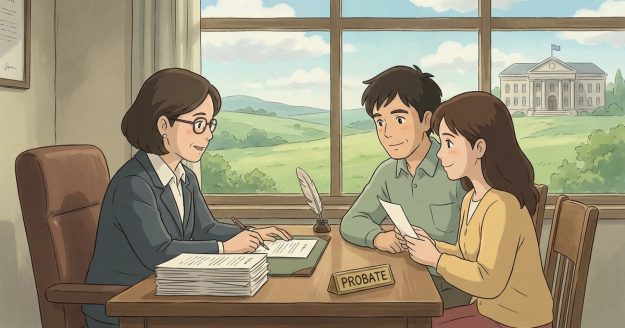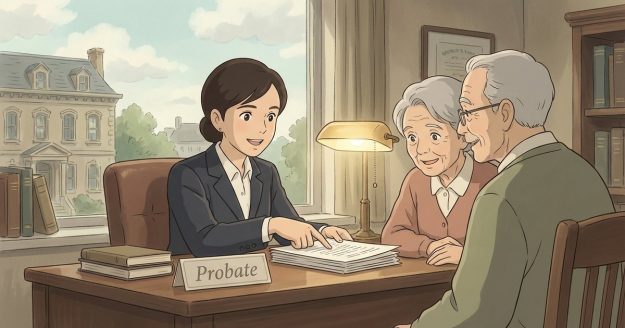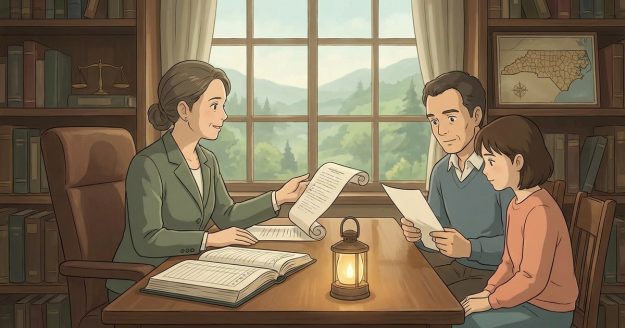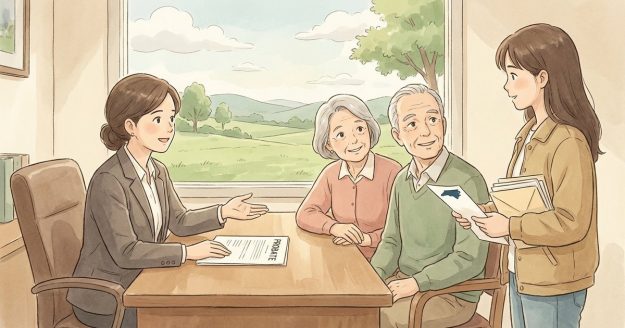What happens to medical bills and credit card debt after a spouse dies, and do we need to pay anything before probate starts? nc
What happens to medical bills and credit card debt after a spouse dies, and do we need to pay anything before probate starts? – North Carolina Short Answer In North Carolina, most medical bills and credit card debt do not automatically become the surviving spouse’s personal debt just because of the marriage. Instead, those bills…

